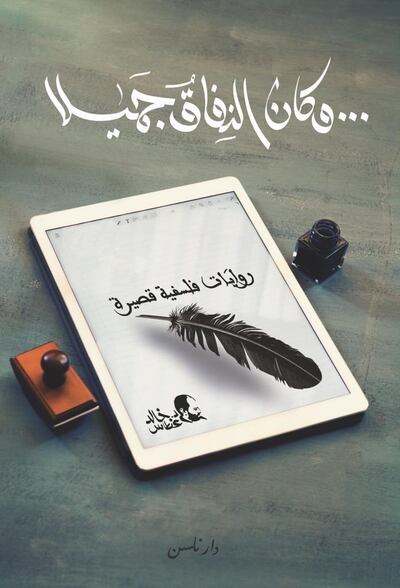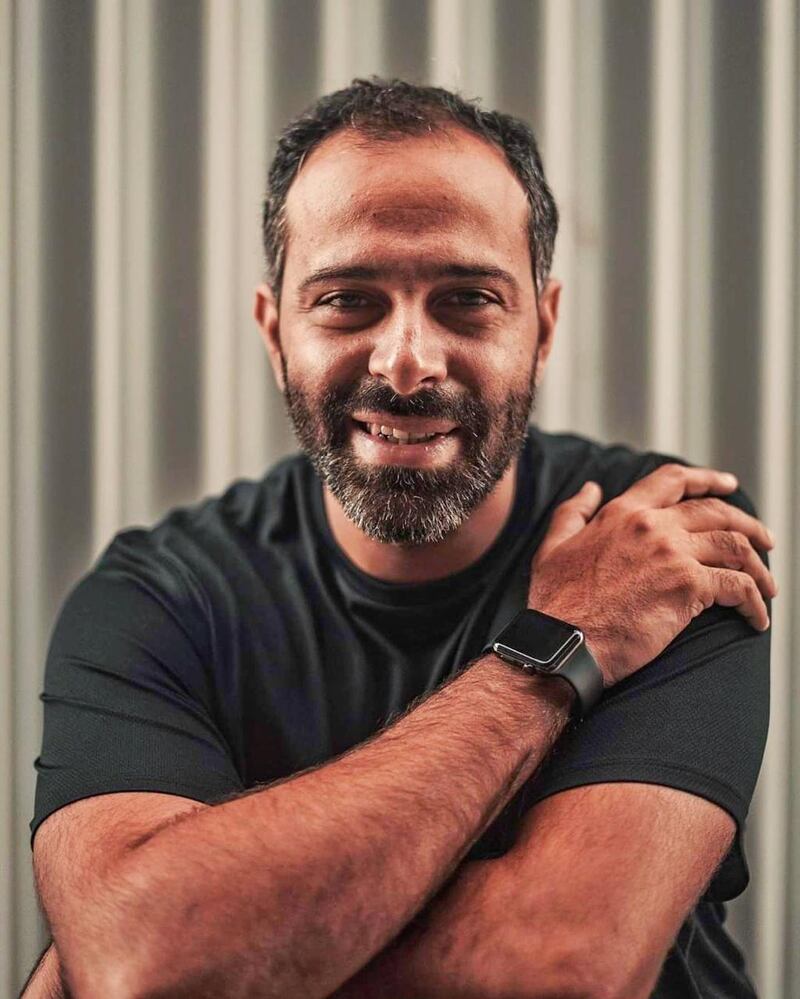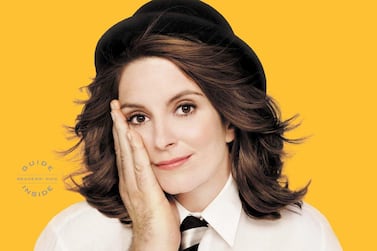Khaled Ghattass was visiting his grandparents in Lebanon five years ago when he dropped his phone and broke it. He went to a shop to have it fixed and was told that it would take at least eight hours to repair. Irritated and without a phone, Ghattass returned to his grandparents’ house.
The accident, he'd find, was a blessing in disguise. He spent the entire day with them, sharing stories and – without the distraction of a smartphone – found himself more present and engaged in their company.
"That day was when I really came to know my grandfather," he says. "I got to make some long-lasting memories of him. And I'm glad that happened, because he died shortly afterwards. I wouldn't have been able to interact with him on that level had I not broken my phone." The Lebanese author lost his grandmother earlier this month, too.
That day became the basis for Ghattass's short story One Story, Two Scenarios, which explores the bond he cultivated with his grandparents and examines what the day would have been like had his phone survived the fall. The story is one of the seven shorts that make up his new Arabic-language book, And the Hypocrisy was Beautiful. At first, the stories don't seem to be related, but halfway through the book, the message that binds them becomes clear. The stories all advocate the importance of being in the "here and now", and explore how disruptive modern life can be to our engagement with our surroundings. It's particularly poignant for Ghattass, who spends a lot of time online himself.
The author, who has a PhD in cellular biology from the American University of Beirut, is a popular figure on social media, where he presents his ideas on identity, highlighting them with poetry excerpts, scenes from movies and scientific facts. He has tens of thousands of followers on Instagram, most of whom, Ghattass says, are between the ages of 18 and 35.
"They pushed me to write the book. I'd post a few lines of prose and poetry and people seemed to really like them. They said I should compile them in a book but I didn't want to write a self-help book. Our culture is replete with stories of romance and drama, so I thought what better way to present these ideas than in fiction," he says.
"Each story explores one philosophical concept," Ghattass, who works in a pharmaceutical company in Dubai, explains. "From the nature of identity in the modern world to how technology and social media are affecting our lives. We are collective beings, but our fierce pursuit of individualism has isolated us from one another. This is the central message of the book."
The stories in this collection do not have conclusive endings. He says the structures for his open-ended stories were inspired by the works of the pioneering Egyptian novelist and dramatist Tawfiq al-Hakim, who has authored The Return of the Spirit and Fate of a Cockroach and Other Plays.

“I wanted the reader to conclude the stories themselves,” he says. “My intent was to highlight the problems of today’s individualistic pursuits. Our focus on career and personal goals, as well as our dependency on technology, has made us isolated and unable to immerse in our immediate surroundings.”
The titular story features an unnamed young couple at the American University of Beirut. While sitting on the grassy campus lawn, the boy laments how fractured people’s sense of self has become, and says he misses the way hypocrisy was defined by previous generations. That once, there was a clear separation between who a person was, and who they claimed to be.
“He says [people] did not, in their personal lives, practise what they preached. People now have so many faces, so many presentations of identity, whether at work or in relationships or online or at home, that we are hypocritical to them all.”
The boy says it is difficult to be a hypocrite nowadays because even we don't know where our true opinions lie. Whether we are liberal or conservative, religious or not, whether we want to modernise or stay true to our roots."It didn't take Ghattass long to write And the Hypocrisy was Beautiful, which was first due to be published by Dar Nelson on October 17 last year. But as the revolution in Lebanon took hold that day, the book's release was pushed to December 2. "A lot of people came to the Beirut launch, even with everything going on," the author tells me.
While the book is available for purchase online, the author also chose to distribute the book via the delivery company Allo Moto, paying for all the delivery charges himself. “That way people could just pick up the phone and order the book and have it delivered. A lot of people were surprised by the approach, saying they were used to having their food delivered using the service and not a book. It became a hit.”
Ghattass says And the Hypocrisy Was Beautiful is due to hit bookstores in the UAE next month. However, the book is already up for sale in a few restaurants around Dubai, including Bait Maryam in Jumeirah Lakes Towers.
“One surprising feedback I’ve had about the book is how it has inspired people to read in Arabic again. People who have lived their whole lives here and in Lebanon, but somehow never finished a book in Arabic. But the idea is there. I wanted to keep pushing people to read, and for them to find the book in the most unlikely of places. That’s why I approached restaurants as well.”
Ghattass says he has been given the opportunity to have it translated to English, but wants to hold off for now. He wants to persuade people to read the book in Arabic first.
Though the book is the author's first, he says the experience has motivated him to write more books. "I don't know when I'll get around to it, but I definitely want to keep discussing these concepts with people and to have them question the direction that we are taking. Whether it's through books or social media."








